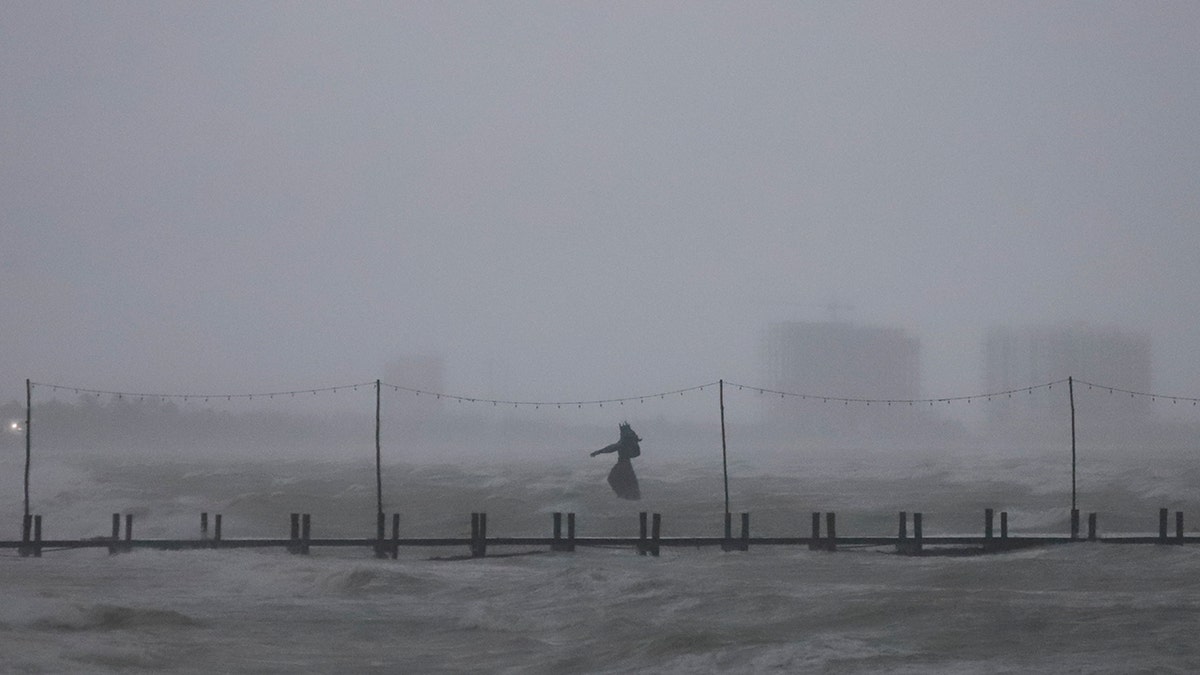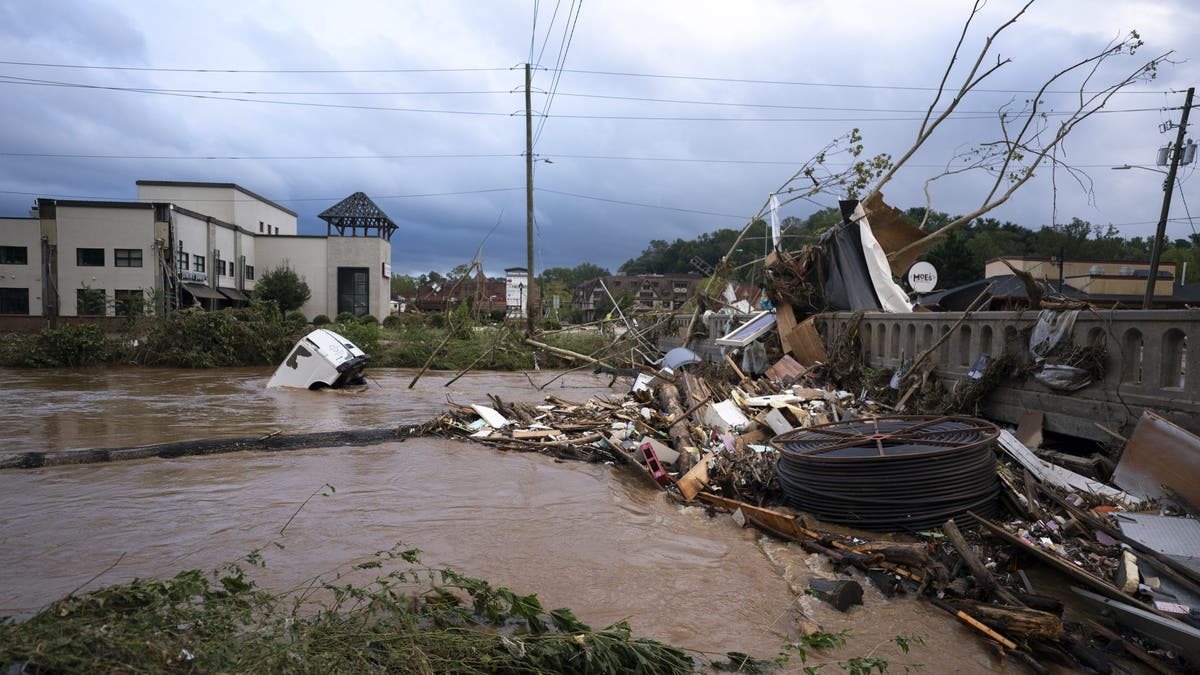As the second major hurricane this month barrels toward the U.S. – this one promising to be even more devastating than the last – concerns are growing over how the government will help pay for what could become millions of dollars worth of damage.
Is the Federal Emergency Management Agency (FEMA) running out of money? Will Congress approve disaster relief?
Here’s what we know:
A Department of Homeland Security Inspector General report from August states that FEMA has $7 billion that can be directed to help with recovery from Hurricanes Milton and Helene.
FEMA has a stash of money that was dedicated to recovery from older natural disasters dating back to “Superstorm Sandy,” which spun through the Northeast in 2012. But Fox is told the IG report “gives an incomplete picture” of how much money is available. FEMA disputes that all the money is recoverable, signaling that only about $4.5 billion is not obligated and could potentially be reprogrammed.
That still means that some money is potentially available and could be returned to the Disaster Relief Fund (DRF) for “immediate needs.” The DRF deals with the immediate preparation and aftermath of natural disasters. That includes providing food and shelter for people, rescuing people, providing immediate money to people, transportation, et al.
CATEGORY 3 MILTON BEARS DOWN ON FLORIDA
Fox is told that Congress would have to vote to “reprogram” the older money. Moreover, reprogrammed older disaster relief money can only go back into the DRF. It cannot be applied to a larger “supplemental” spending bill to help recover from these storms. The price tag there will likely be upwards of $1 billion.
It will be up to Congress to decide if it wants to reprogram some of that money to address immediate needs in the DRF once that pot of money starts to bleed dry after these two major storms.
Under the individual assistance program, the agency often quickly approves $750 for each household for food, clothes and everyday essentials.
Disaster survivors are also eligible to receive up to $42,500 in financial housing assistance. That can be used to repair homes or pay up to 18 months of rent. Applications for this program tend to take longer for FEMA to process. Other programs offer tens of thousands of dollars to help disaster survivors rebuild through the Small Business Administration, FEMA and other federal programs.
Meanwhile, lawmakers freed up roughly $20 billion in immediate funding for FEMA in last month’s short-term federal funding bill.
House Speaker Mike Johnson, R–La., predicted Helene’s devastation would be “one of the most expensive” the U.S. has seen.
Initial estimates place private insured losses from Helene at around $11 billion. Milton, now rated a Category 3 hurricane, is expected to wreak even more havoc.

HURRICANE MILTON: PROTECT YOUR HOME FROM LOOTING
Congress is not expected to return early from a pre-election recess to deal with the problem.
“The thing about these hurricanes and disasters of this magnitude is that it takes a while to calculate the actual damages, and the states are going to need some time to do that,” Johnson said on Fox News.
But Fox is increasingly hearing from a number of conservatives who are ready to respond to the financial needs of Hurricanes Milton and Helene. They are happy to spend the money, but they are increasingly itchy about wanting spending cuts to offset the cost of the storm. Some of those requests may be for programs that address Democrat priorities.
But a senior House Republican source disagrees that the offsets will ever come.
“That isn’t going to happen. That never happens,” the source said. “This will just go on the credit card.”
While the idea of cutting elsewhere to produce offsets makes sense, it may be politically impossible.
“Tell me where you can get the votes to do it?” asked the source, who declined to be identified.
Moreover, the federal government is already into fiscal 2025 and there is no agreed-upon top-line spending number.
In addition, fiscal hawks tried to make similar cuts after Hurricane Sandy in 2012, but they failed.
“And it’s not going to work now,” the GOP source said.
Johnson said he was “alarmed and disappointed” by Biden officials’ comments immediately after the storm suggesting FEMA was too low on funds to deal with Helene’s wrath.

Biden suggested this week he may want Congress to return for an emergency session to pass a supplemental disaster aid bill.
Homeland Security Secretary Alejandro Mayorkas said “we are meeting the immediate needs” of the hurricane this week, but “FEMA does not have the funds to make it through the season.”
Criticism over FEMA’s response has prompted some conservatives to accuse the Biden administration of diverting disaster aid funds toward supporting illegal immigrants at the border through the Shelter and Services Program (SSP), which was allocated roughly $650 million in the last fiscal year.
Both the White House and Department of Homeland Security have vigorously denied any link between disaster aid and the SSP, beyond both being administered by FEMA, and have said claims of any disaster relief dollars being used to support migrant housing services are false.
Fox News’ Liz Elkind contributed to this report.
Read the full article here

